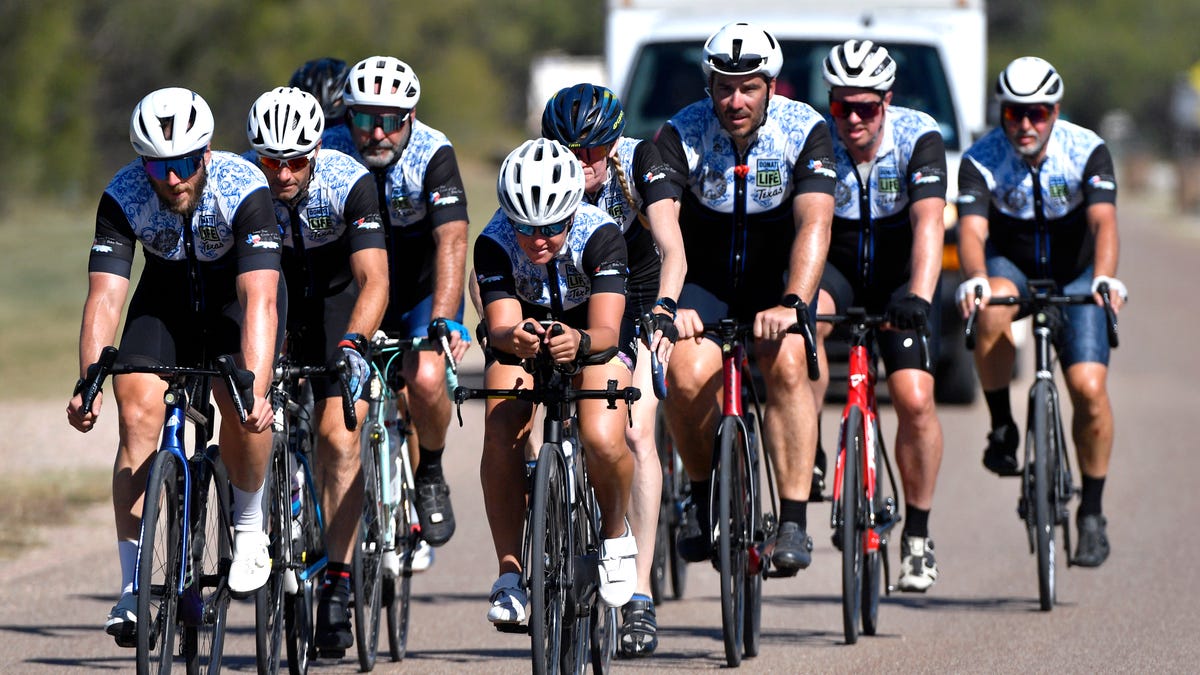Organ transplant recipients share stories at Leominster City Hall

LEOMINSTER — Every breath her daughter takes, every morning smile that lights her face reaffirms the faith Jimena Guerra, a divorced Leominster mother of three, has in the Almighty.



“I can’t explain,” Guerra said as she watched her daughter tell her transplant story on Friday at a special event held at Leominster City Hall designed to encourage people to register as organ donors through the Registry of Motor Vehicles or the Massachusetts state website.
Guerra calls it a Christmas miracle.
Her daughter, Christina Aguirre, now 33, had been diagnosed with a rare liver cancer. Doctors were uncertain whether chemotherapy could effectively treat her condition. While they assessed her and tried different treatment options, Guerra prayed.
“He answered,” Guerra said simply.
As her daughter’s condition worsened, she moved into her bedroom to be on hand during the nights. On a particularly tough night. Guerra prayed, confessing her exhaustion and despair. It wasn’t more than two months later, on Christmas Eve, when they got the call from the transplant team: A liver was available and how soon could Christina get to the hospital for surgery.
The young woman, an educational support professional at the Mary E. Finn School in Southborough, was out buying a few last-minute gifts when she got the call from the UMass Memorial transplant team letting her know there was the possibility of a liver donation.
“You would think I would immediately say yes to a new liver,” Aguirre said. However there were concerns: would the liver be healthy, what would happen during surgery. “I desperately needed guidance from my oncologist, from my support team, from God.”
She was in the parking lot when the hospital called again: The liver was healthy.
“They said, ‘This is your Christmas gift,’ and I felt as if a weight had been lifted off me, a sense of peace,” Aguirre said. “It was a miracle, a Christmas miracle.”
She was home, with a new liver, by New Year’s Day. The swelling from edema subsided, her hair started growing back and her eyes were no longer yellow.
“To my donor’s family, I promise I will take care of this gift and never take it for granted,” Aguirre said. She now volunteers with the New England Donor Services organization as an ambassador and continues to teach in preschool.
Organ donation is the gift of life, said Matthew Boger, director of government relations for New England Donor Services, the organizer of the special event. Registering as a donor is the first step in the process, and Boger said there is no downside to checking the box when applying for a new license or a license renewal.
“Our goal is to save lives,” Boger said.
There are two sides to many organ donation stories — the incredibly happy one for the recipient of the donated organ or tissue, and the sad one involving the donor and their family.
“But this is a legacy made by the donor. They will live on through the donation,” Boger said.
More than 4,000 Massachusetts residents are on the waiting lists for an organ, with some 106,000 nationwide. About 1,000 Bay State residents receive new organs every year.
Holly Catarius, 21, a college student at Assumption University, spoke of her mother Dana’s life and death and her legacy.
“My mother was empathetic, kind, a school counselor in Westborough,” Catarius said, painting a picture of a generous, warm-hearted woman who stressed kindness and care for others. While she said the family feels the big hole left in their lives, they know their mother would have been gratified that her mantra of care and kindness extended beyond her death.
“The idea of organ donation was new to the family,” Catarius said. Her mother died earlier this year from complications from a medical procedure. Her family donated her kidneys and tissue to waiting recipients.
“I am proud to help educate people about organ donation. My mother’s legacy lives on, and I get to talk about her all the time,” Catarius said.
Boger’s organization coordinates organ and tissue donation throughout the region while also offering support and resources for the families that opt to make the gift of life. However, the nonprofit only oversees donations from those who are deceased. Some people opt to be living donors.
Leslie Tondreau decided she wanted to be a living donor after hearing a talk about the procedure at a Rotary Club meeting more than five years ago. She started the process before she told anyone of her intentions, went through a battery of tests (“every test under the sun”) and seven months later donated a kidney to a woman in another state.

“She was the mother of four, grandmother to six, and as far as I know, she’s still living her best life,” Tondreau said. While she has reached out to the recipient, she never heard back.
Michael Keane, 58, of Leominster, is a brand-new recipient, receiving a kidney from a living donor about seven weeks ago. He was born with only one kidney but only learned about the condition 22 years ago when he was in his 30s. His medical providers started monitoring him then.
“I thought I was going along well, when a few years ago, I started to decline and they put me on the waiting list (for a donated organ) in June 2023,” Keane said. The tech worker at Seamans wanted to avoid dialysis, if it was possible, and had started the process of looking for a living donor, tapping his family first.
“A cousin said she would do it,” Keane said. He returns to work in another month. His cousin was released from the hospital a day after the surgery and is already back in Colorado.
When living donors and their intended recipients are not a match, transplant teams can look for other partnered donors and recipients that fail to match and conduct the transplants that way. Dan Kirouac of Westminster was partnered with a donor, the wife of a friend, who was not a medical match.
“So the doctors found a match for my donor and a match for me from someone else’s donor,” Kirouac said.
Guerra asked her daughter whether she would undergo the procedure again. “She said, ‘Of course; that is how we learned of the power of God,'” Guerra said.
Boger pointed out that registering as an organ donor is painless but becoming one doesn’t happen often. Only 3% of deaths occur in circumstances with a potential for donation. He urged all Massachusetts residents to get that heart on their license.
“When we talk about gifts, this is one that gives people hope,” Boger said.
link





